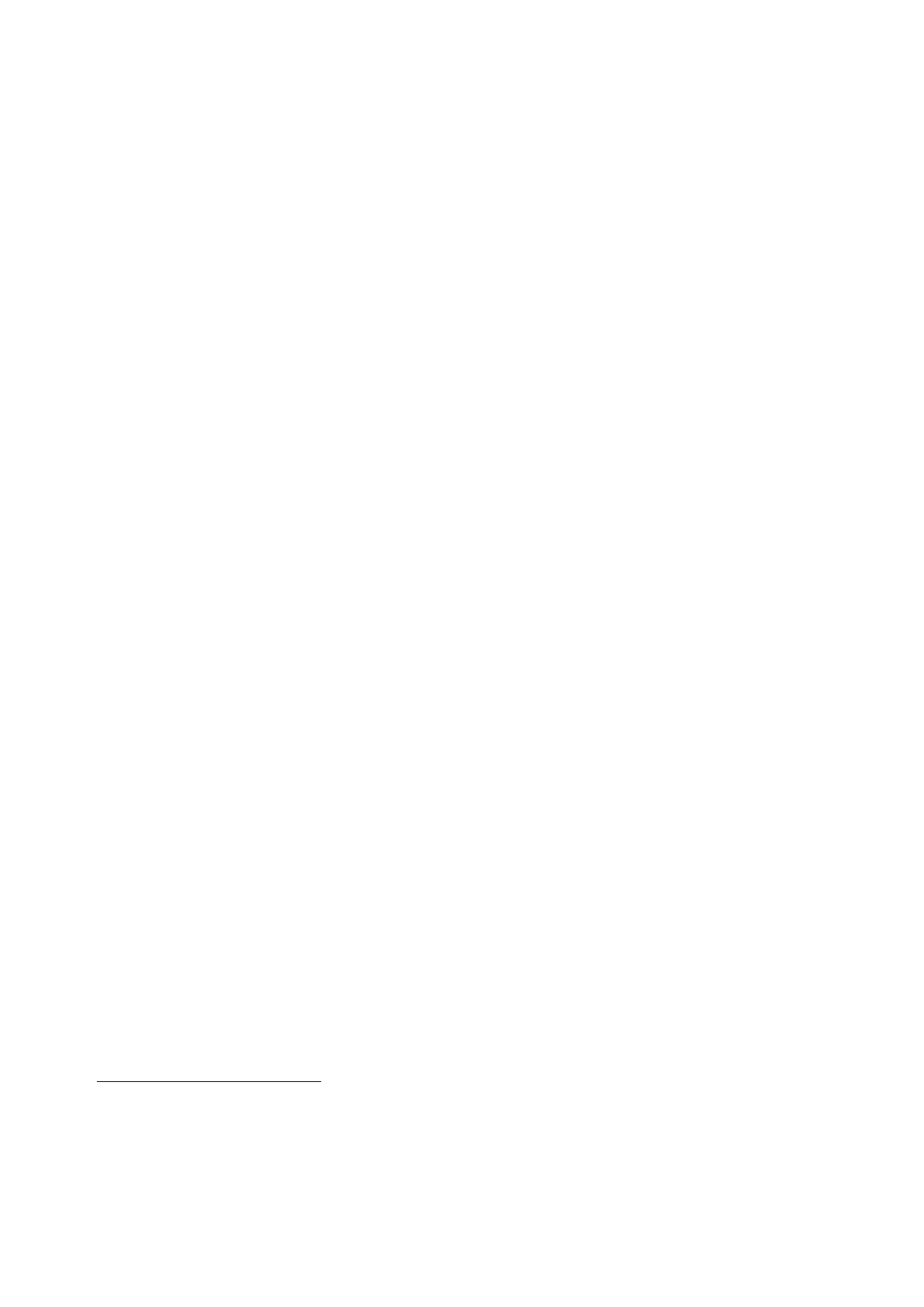
3.6 |
Development of UK strategy and options, November 2002 to January
2003
946.
Mr Blair
wrote that he still “pinned some considerable hope on getting a
diplomatic
breakthrough”;
and that the prospect of a second resolution “was central”. But it
was
apparent
that “the law and politics were inextricably intertwined”. Above
all, a second
resolution
“would reunite the international community”.
947.
In his
statement to the Inquiry, Mr Blair wrote:
“So I
thought inspections necessary but I knew they would only be
successful with
genuine
co‑operation. The key to successful inspections was the ability to
interview
and analyse
the work of the technical experts. The JIC reports of 11 October
2002
and then
following the December 2002 declaration, of 18 December 2002 gave
me
no grounds
for believing inspections would be properly complied
with.”316
“The Iraqi
declaration … and the Blix reports to the UNSC were as
unsatisfactory as
we
anticipated. It was clear Saddam was not fully complying, i.e. he
was in breach of
[resolution]
1441, but as the prospect of military action advanced, so he was
inclined
to
co‑operate more. This is what JIC papers had said he would
do.”
949.
Mr Blair
also wrote that the declaration was “incomplete” and “That itself
was
a breach
of [resolution] 1441.”317
950.
Asked if he
had concluded quite early after the declaration that there was
no
prospect of
Saddam Hussein complying with the requirements of resolution
1441,
Mr Blair
replied:
“Yes. It’s
basically correct …The intelligence reports were that he didn’t
intend
to co‑operate,
that the declaration wasn’t correct, but there was also a
very
significant
piece of intelligence at that time, which was … that Saddam had
said that
anybody who
co‑operated with overseas interviews would be treated as a spy,
in
other words
executed.”318
951.
Mr Blair
explained that “some in the American system” had “tried to claim”
that the
declaration
was a material breach, but the advice he received and his attitude
was that
action
could not be taken at that stage.319
952.
Asked whether
he had expected in December 2002 and January 2003 that
Dr Blix
would
report that Saddam Hussein was not co‑operating with the
inspectors, Mr Blair
replied
that, “given the history”, they had been looking for “very early
and significant
signs that
Saddam had genuinely changed the position of his
regime”.320
316
Statement,
14 January 2011, page 7.
317
Statement,
14 January 2011, page 11.
318
Public
hearing, 21 January 2011, page 78.
319
Public
hearing, 21 January 2011, page 110.
320
Public
hearing, 21 January 2011, page 110.
173
